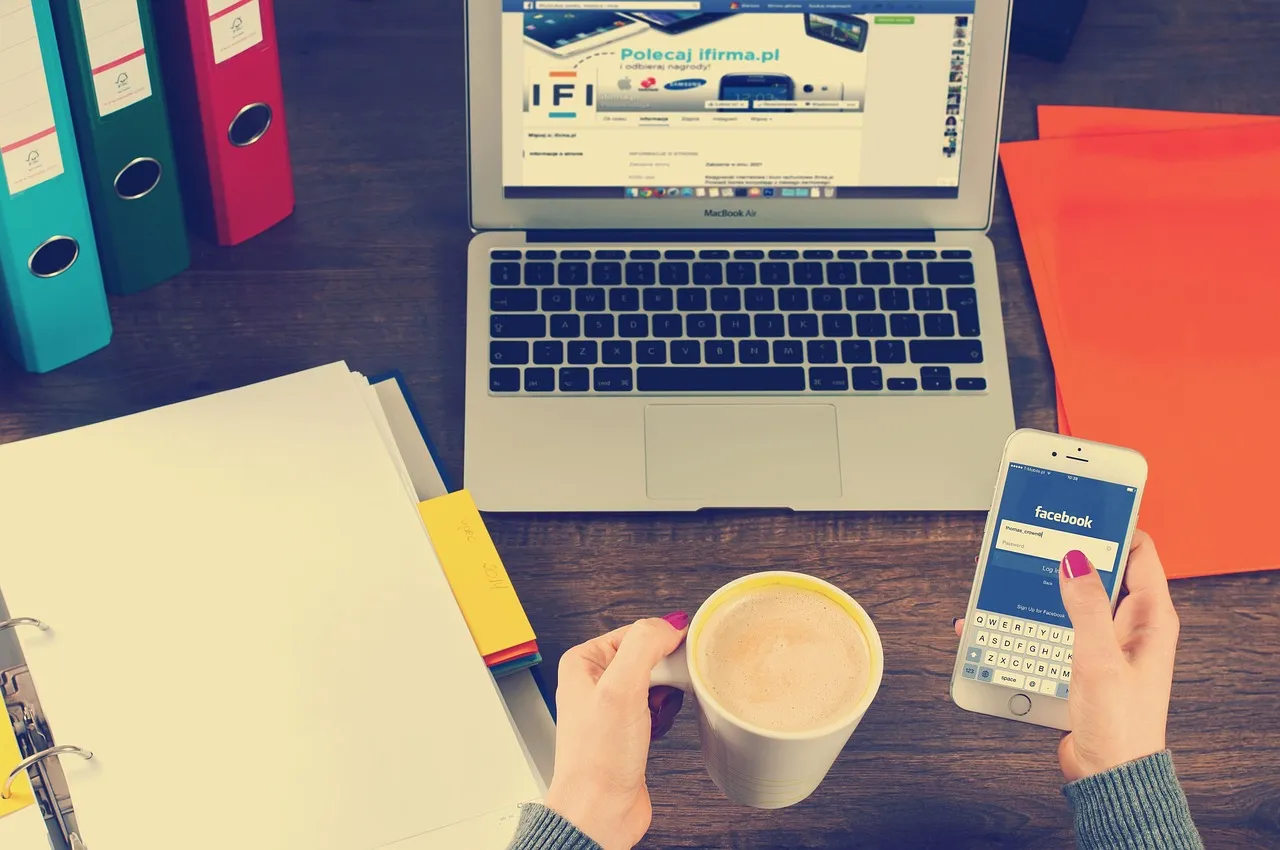
In our world, social media seems to be taking over in the lives of adolescents. It's as common as the air we breath.
From Instagram to endless TikTok and Facebook scrolls, social media seems to be both a friend and a hidden enemy.
The Bright Side
It's undeniable that social media has also brought countless benefits. Young ones today are exposed to different cultures, ideas and even educational contents, I myself have acquired many extra skills from social media and the internet.
Today a teenager sitting in Lagos can learn a new skill from someone thousands of kilometers away, and even communicate deeply with a person miles away and learn new things.
The instant access to information has made us more creative and sometimes more compassionate about world issues.
For those who feel out of place in real life , social media can also be a refuge, a place to find people to interact with, people who may share the same hobbies, music taste or views. Many young people including me have built strong support system online that they might never have found in offline communities. I have made really friends on social media even from other countries that have proved to be very supportive.
The Shadows Behind the Screen
But there are also shadows behind the screen.
In as much as social media connects people, it can also isolate. The pressure it has put on teens today, to always look perfect online has caused many to question their worth. Most teens end up comparing themselves to influencers with flawless pictures and seemingly perfect lives not knowing what is behind the screens. And this comparison can create silent battles with low self-esteem and depression.
Disruption of sleep is also another silent way social media affects teens, they tend to stay up late, chatting, posting, watching videos and constantly scrolling on tiktok. And this cam lead to tiredness during the day and poor concentration at school and most of them tend to feel empty from living too much life online.
Looking ahead, the future is mixed with hope and concern. We know that we will likely be more exposed, informed and creative in the future thanks to the media, but if we don't set reasonable boundaries there's a real risk of becoming too dependent on virtual validation and losing touch with the real life.
So I think it's all about balance, we should use social media as a tool and not let it use us. Parents and teachers also need to teach kids the importance of being in control and to see beyond trends and likes , they should focus of building confidence, showing empathy and having critical thinking.
It's really how they use social media that will shape the mental health of teens and tell what kind of adults they'll be in the future.

